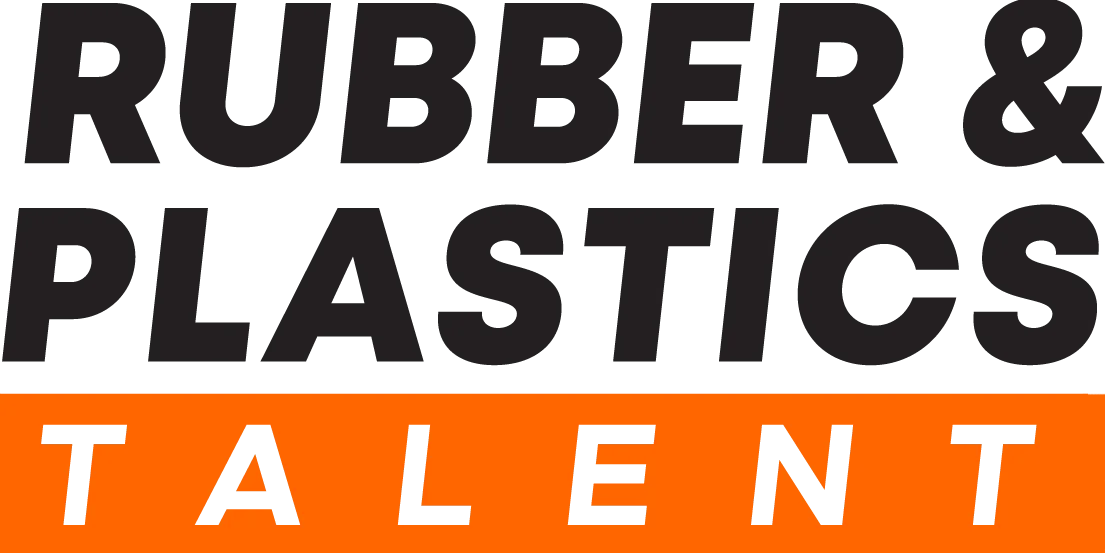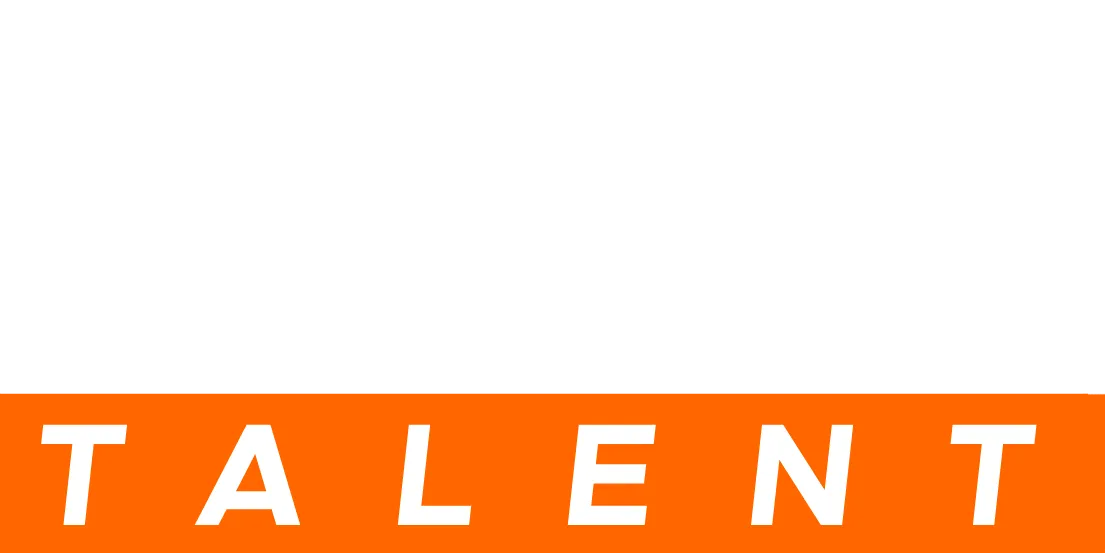
Empowering Decision-Making: The 1-3-1 Rule in the Tire and Automotive Industry
Empowering Decision-Making: The 1-3-1 Rule in the Tire and Automotive Industry
By Mike Cioffi
As the founder of Tire Talent, a specialized recruiting firm serving the tire and automotive industry, I've witnessed firsthand the challenges that arise in problem-solving within this sector. With each placement and interaction with hiring managers or decision makers, I've come to understand the critical nature of problem-solving in every aspect of the industry, from product development to customer service. The ability to manage challenges efficiently is essential. That's where the 1-3-1 rule comes into play
The 1-3-1 rule is a structured approach that encourages clarity, efficiency, and creativity in problem-solving. At its core, the rule entails focusing on one problem, generating three solutions, and proposing one recommendation. This framework ensures that our efforts are targeted, our solutions are diverse, and our decisions are well-justified.
Let me illustrate how the 1-3-1 rule can be applied in a real-world scenario within the tire and automotive industry. For example, a customer approaches one of your team members, requesting a price discount on a particular tire model. However, your standard operating procedures (SOPs) are vague on how to handle such requests.
Now, instead of immediately seeking guidance from higher-ups, you should encourage your team to follow the 1-3-1 rule. Before approaching you with the problem, they are tasked with outlining their 1-3-1: one identified problem, three potential solutions, and one recommended course of action. This approach empowers them to think critically, consider multiple perspectives, and take ownership of the decision-making process.
For example, the identified problem could be the uncertainty of the pricing program for the tire in question. The team could then brainstorm three potential solutions: offer the customer a partial discount, conduct further evaluation of the tire's pricing eligibility, or suggest an alternative product with clearer pricing terms. Finally, they would propose one recommendation based on thorough analysis and sound judgment.
By following the 1-3-1 rule, your team not only presents you with well-thought-out solutions but also demonstrates their problem-solving prowess and initiative. As a hiring manager, you, like myself, should highly appreciate employees who excel at managing ambiguity, thinking critically, and making informed decisions. The 1-3-1 framework provides them with the structure and confidence to do just that.
Implementing the 1-3-1 rule in team settings requires clear communication, active listening, and creative brainstorming. It's about fostering an environment where every team member feels empowered to contribute ideas and take ownership of the decision-making process. As leaders, we must encourage a culture of innovation and collaboration, where diverse perspectives are valued and respected. Additionally, the 1-3-1 rule is about fostering continuous growth and organizational development. By empowering employees to solve problems autonomously, we cultivate a culture of accountability and ownership. This accelerates execution and drives long-term success in a competitive industry environment.
Applying the 1-3-1 rule poses its challenges, but trust me, the benefits are worth it. In my experience at Tire Talent, this approach has helped us to discover new levels of efficiency and effectiveness in our operations. As hiring managers in the tire and automotive industry, I urge you to adopt the 1-3-1 rule within your organizations for staying ahead in the industry. Some might resist the change, but the promise of quicker decisions and a more flexible team makes it all worthwhile.
Employment Situation for April 2024
The latest Employment Situation report from the U.S. The Bureau of Labor Statistics reveals a steady labor market with modest job growth and minimal unemployment rate fluctuations. Here are the key highlights for April 2024:
Job Growth: Total nonfarm payroll employment rose by 175,000 jobs in April, slightly below the 12-month average of 242,000. Most job gains occurred in healthcare, social assistance, and transportation and warehousing sectors.
Unemployment Rate: The unemployment rate held steady at 3.9%, with 6.5 million unemployed individuals. Long-term unemployment, lasting 27 weeks or more, stood at 1.3 million, representing 19.6% of all unemployed persons.
Labor Force Participation: The labor force participation rate and the employment-population ratio remained stable at 62.7% and 60.2%, respectively.
Part-time Employment: The number of individuals working part-time for economic reasons and those desiring employment but not in the labor force remained largely unchanged.
While the overall market remained stable, notable sector-specific changes occurred:
Retail trade continued growth with an addition of 20,000 jobs.
Construction employment remained flat after a surge in March.
Electronics and appliance retail experienced a loss of 3,000 jobs.
Government and some industries (mining, manufacturing, wholesale trade, information, financial activities, professional and business services, leisure and hospitality, and other services) showed little change.
Average hourly earnings for all private nonfarm employees saw a slight increase, while the average workweek slightly decreased. In manufacturing, the average workweek remained unchanged at 40.0 hours, with overtime also unchanged at 2.9 hours. The average workweek for production and nonsupervisory employees decreased by 0.1 hour to 33.7 hours.

Mike Cioffi
CEO & Founder | Tire Business Author
Being apart of the Tire industry since the start of his career, Mike Cioffi manages a recruitment team in the industry. With years of knowledge from business operations, recruiting, and running a business himself, Mike Cioffi writes in-depth content often seen on Crain Communications publications specific to the needs of the industry.
Recent Posts
Categories
ENTER OUR
MAILING LIST
And remain up to date on all new jobs in plastic industry as they become available!
IMPORTANT LINKS
ADDRESS
177 East Main St. #355
New Rochelle, NY 10801
PHONE
(843) 732-8473
SOCIAL MEDIA
© Copyright 2010 – 2023.rubberplasticstalent.com. All rights reserved.



LinkedIn